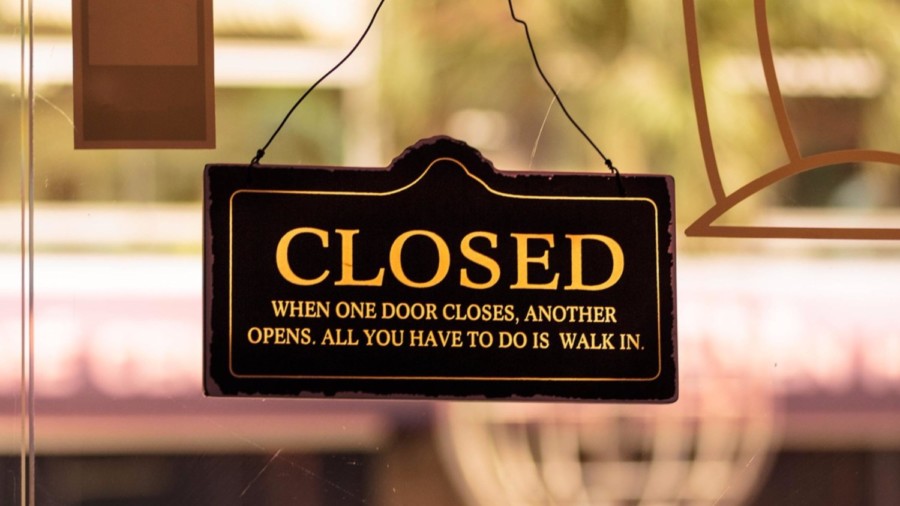31 May 2017
There’s plenty of advice online about starting a limited company. But, occasionally, you also need to know how to close down a limited company too, whether that’s because the business journey has come to an end, or there’s a clear and valid business reason for closing one limited company and opening another.
So, if you find yourself needing to close down your existing company, here’s our overview of the main steps you’ll need to take.

You usually need to have the agreement of your company’s directors and shareholders before you can start closing down a limited company, so that’s the first thing on your to-do list – to get agreement from everyone involved that shutting down the limited company is the best move.
Once you have a consensus on this, the way you close the company depends on whether it can pay its bills or not (i.e. is it solvent or insolvent?).
If your company is solvent (it can pay its bills and has money in the bank) then you have two very distinct options for ending the existence of your limited company:
Striking off the company is usually the cheapest way to close it.

You can close down your limited company by getting it ‘struck off’ the Companies Register, but only if it:
If your company doesn’t meet these conditions, you’ll have to voluntarily liquidate your company instead.
Before applying to strike off your limited company, you must close it down legally. This involves:
You’ll need to fill in an application to strike off and send a copy within seven days to anyone who could be affected. This will mean sending a copy to your:
If your company employs staff and you make them redundant then you must follow the rules and pay their final wages or salary.
To apply to strike off your limited company, you must send Companies House form DS01. The form has to be signed by a majority of the company’s directors.
You should deal with any of the assets of the company before applying (for example, make sure you close down any bank accounts and transfer across any domain names etc.).
You’ll get a letter from Companies House to let you know if you’ve filled in the form correctly. If you have, your request to be struck off will be published as a notice in your local Gazette.
If nobody objects, the company will be struck off the register once the three months mentioned in the notice has passed.
A second notice will be published in the Gazette – this will mean the company won’t legally exist anymore (it will have been ‘dissolved’).

If you can’t pay your outstanding bills and creditors, your company is classed as insolvent. When the company is insolvent, the interests of the people your company owes money to (its creditors) legally come before those of the directors or shareholders.
In this situation, you must use the creditors’ voluntary liquidation process.
A director can propose a creditors’ voluntary liquidation if:
This means the company will stop trading and be liquidated (your limited company will have been ‘wound up’, to use the usual jargon).
You must call a meeting of shareholders and ask them to vote.
75% (by value of shares) of shareholders must agree to the winding-up to pass a ‘winding-up resolution’.
Once the resolution is made there are 3 steps you must follow:
Advertise the resolution in The Gazette.

Your company might be forced into compulsory liquidation if you don’t pay creditors. Your limited company may be liquidated (wound up) if it can’t pay people or organisations (creditors) it owes money.
You don’t have to close your company if it’s no longer trading. You can let it become ‘dormant’ for tax as long as it’s not:
Your company will still be registered at Companies House and you’ll still need to send an Annual Return and accounts to Companies House. You can keep a limited company dormant like this for as long as you want, so it can be a handy option to consider when looking at business and tax planning.
Whatever the reason for ending your limited company, the process of closing down the company needn’t be a huge chore.
Once you’ve defined whether the business is solvent or insolvent, it’s just a case of following the steps we’ve outlined, and making sure every box has been ticked to close things down correctly.
Here at FD Works we help you understand the drivers of profit and growth in your business and empower you to make bold decisions. We’re an ambitious accountancy firm working with clients in Bristol, Bath and the wider South West.
If you want a hand closing down your existing limited company, we can guide you through all the key steps.
Call for a chat